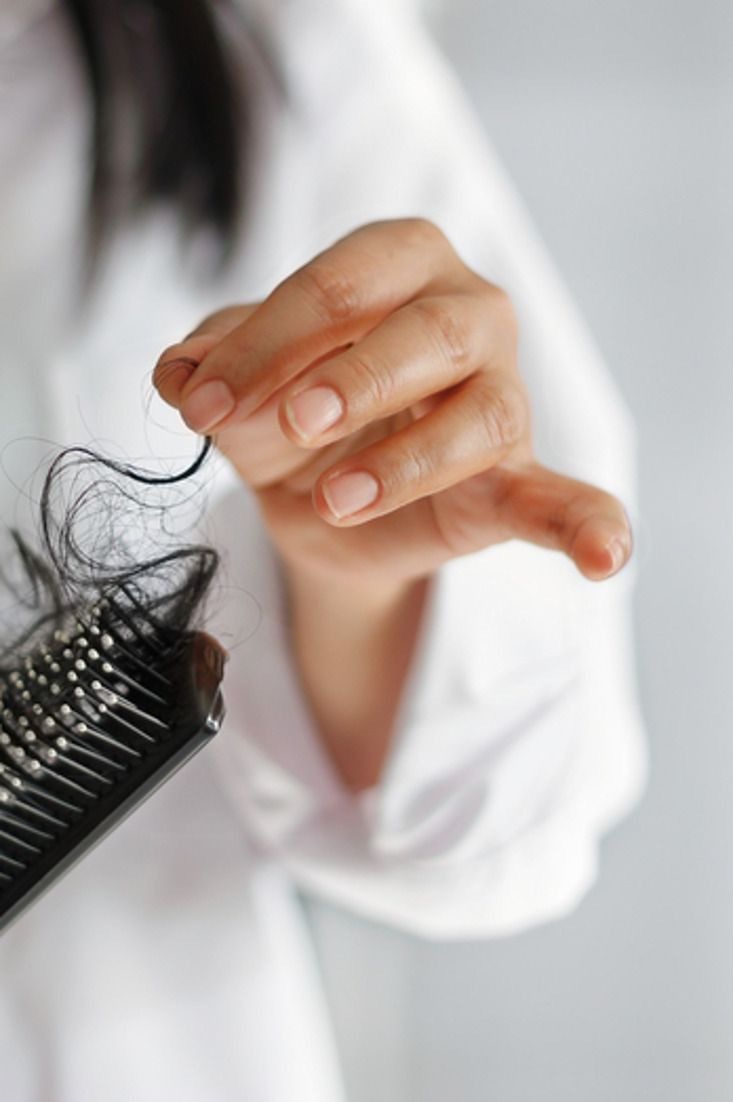
Hair loss is a common condition that affects millions of people worldwide, and it can have a significant impact on one’s psychological well-being. Losing hair can be a distressing experience, especially for those who place a high value on their appearance. In this blog post, we will explore the psychological effects of hair loss and how it can affect a person’s self-esteem, confidence, and overall quality of life.
Self-Esteem and Confidence
Hair loss can have a significant impact on a person’s self-esteem and confidence level. For many people, hair is a key part of their identity and losing it can make them feel less attractive and less confident. This can lead to feelings of self-doubt, insecurity, and even depression.
In addition, people who experience hair loss may feel like they are losing control of their appearance, which can also contribute to a decrease in self-confidence. They may feel like they have fewer options when it comes to hairstyles and may feel like they are less able to express themselves through their appearance.
Social Anxiety
Hair loss can also lead to social anxiety and self-consciousness. People who experience hair loss may feel like they are being judged by others, which can lead to feelings of embarrassment and shame. They may avoid social situations or feel uncomfortable in public, which can lead to isolation and loneliness.
Furthermore, people with hair loss may feel like they are being discriminated against or stigmatized because of their appearance. This can lead to feelings of anger, frustration, and resentment towards others, which can further exacerbate the negative psychological effects of hair loss.
Depression
Hair loss can also contribute to feelings of depression and sadness. People who experience hair loss may feel like they are losing a part of themselves, which can lead to feelings of grief and loss. They may also feel like they are less attractive or less desirable, which can lead to feelings of hopelessness and despair.
Furthermore, people with hair loss may feel like they are not living up to societal expectations of beauty and perfection, which can lead to feelings of inadequacy and low self-worth.
Coping Strategies
There are several coping strategies that people with hair loss can use to help manage the psychological effects of this condition. For example, seeking support from friends and family can be helpful, as can seeking professional help from a therapist or counselor.
In addition, people with hair loss can try to focus on the things that they can control, such as their diet and exercise routine. They can also experiment with different hairstyles or head coverings to help them feel more comfortable.